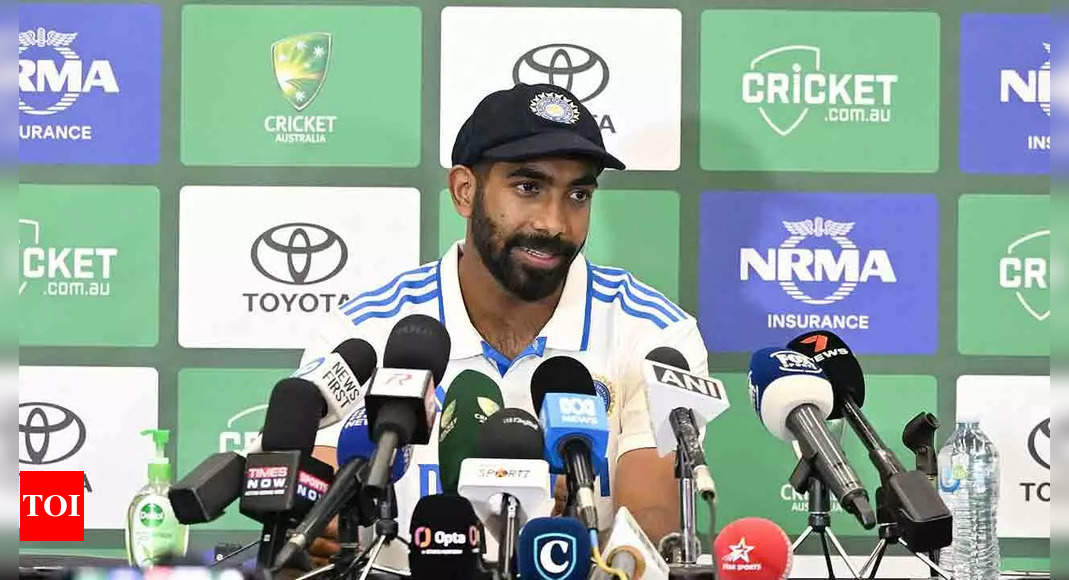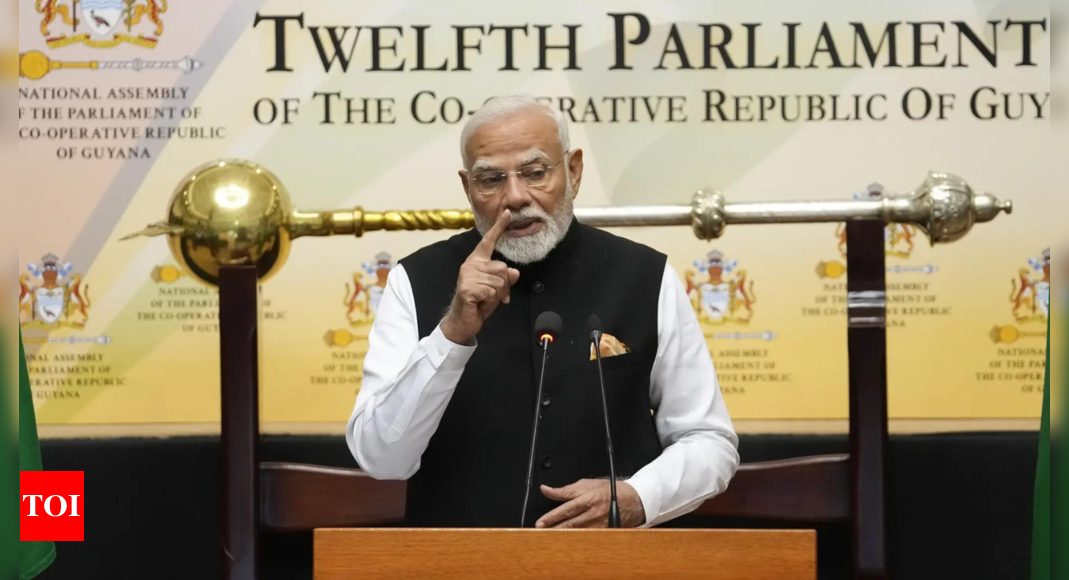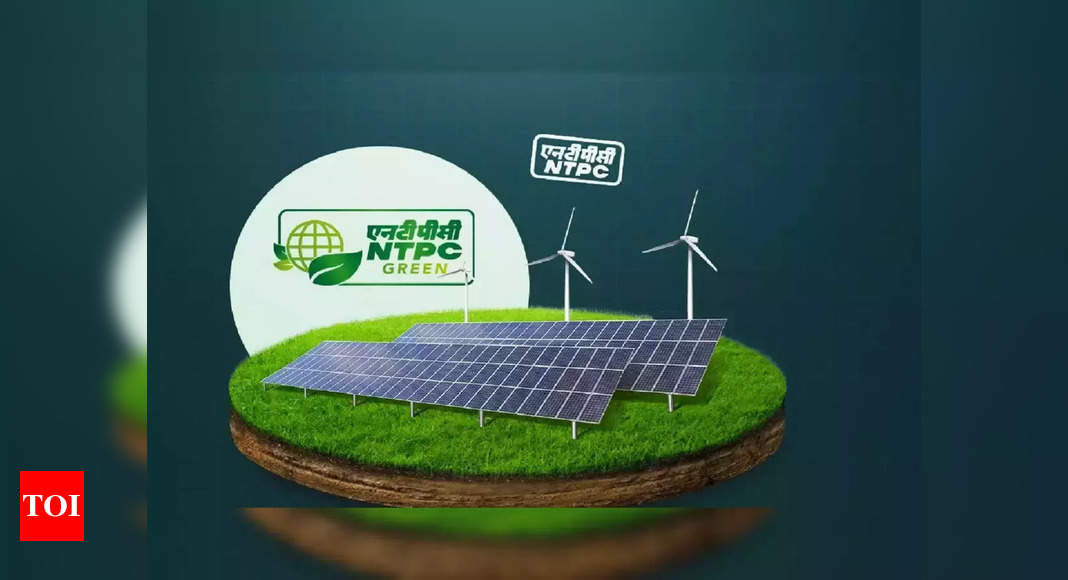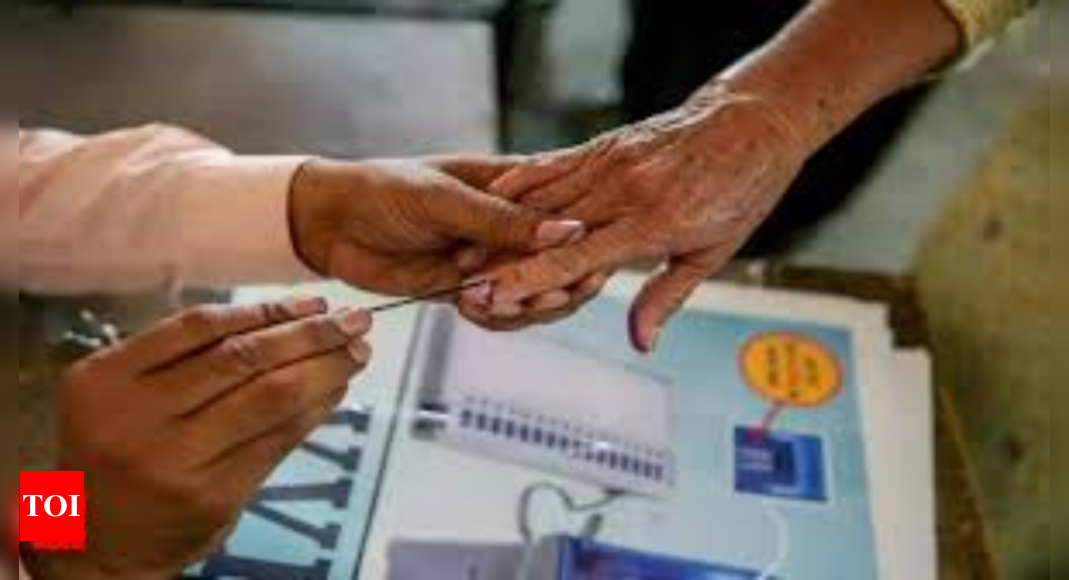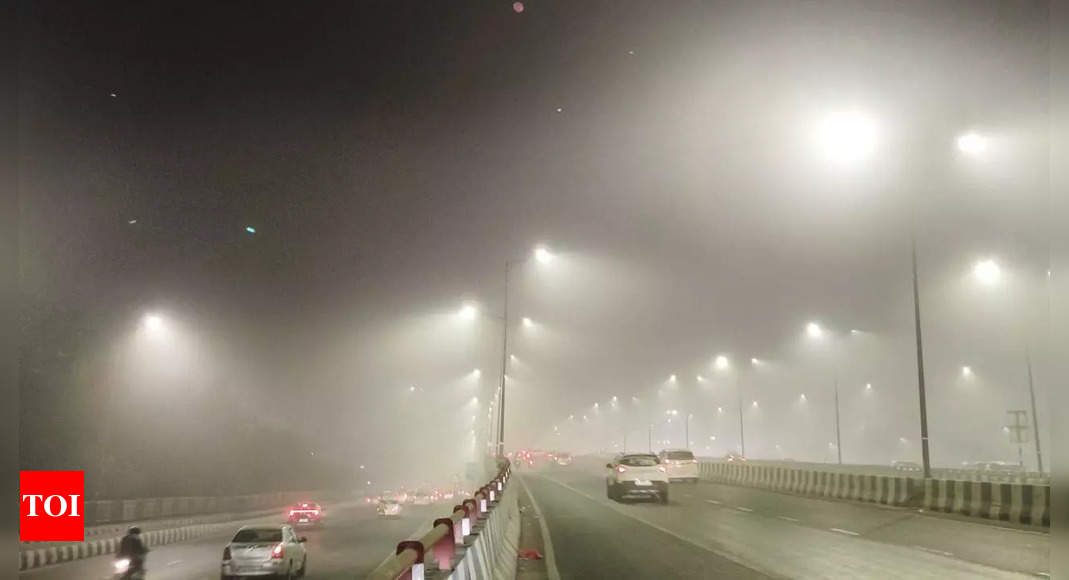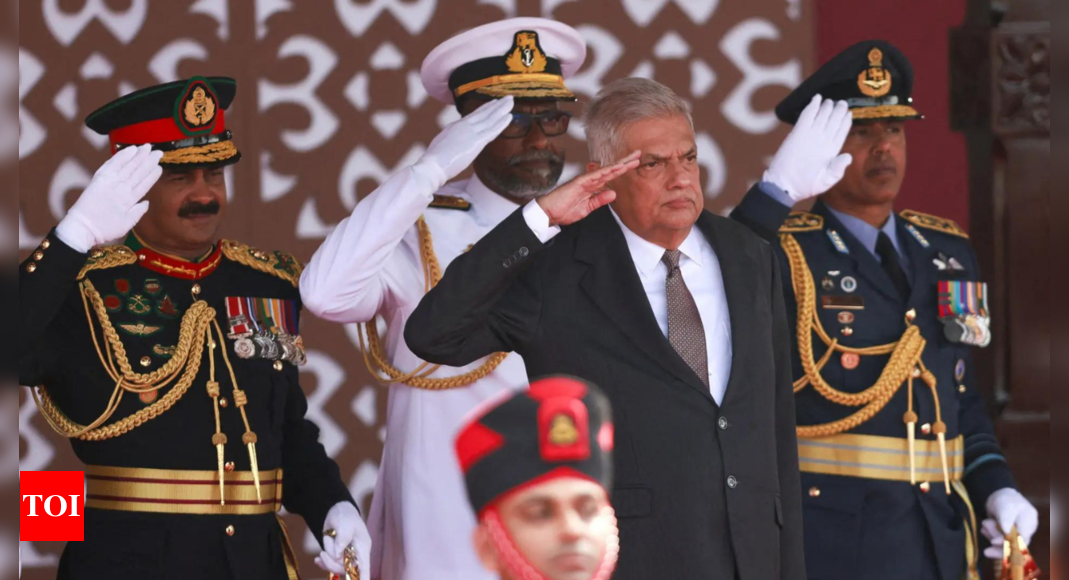
Sri Lanka will hold a presidential election on September 21, according to a government notice released on Friday. This crucial vote is set to shape the future of reforms in the island nation, which is going through with its worst financial crisis in decades.
Candidates must submit their nominations by August 15. Current President Ranil Wickremesinghe is expected to run, with nearly 17 million of the country’s 22 million people eligible to vote.Wickremesinghe, 75, assumed the presidency in July 2022 after massive protests over the financial crisis led to his predecessor, Gotabaya Rajapaksa, fleeing the country and resigning.
Wickremesinghe was elected by Parliament to complete the remainder of Rajapaksa’s five-year term, initially won in November 2019.
Under Wickremesinghe, the country has begun to recover, aided by a $2.9 billion bailout from the International Monetary Fund (IMF). Economic indicators have improved, with inflation dropping from 70% in September 2022 to 1.7% in June. The rupee has strengthened, and foreign exchange reserves are being rebuilt. After contracting by 7.3% at the peak of the crisis and shrinking another 2.3% last year, the economy is expected to grow by 3% in 2024.
Recently, bilateral creditors including Japan, China, and India agreed to a $10 billion debt restructuring. This deal offers Colombo a four-year reprieve on repayments, saving the country $5 billion.
However, Sri Lanka still needs to finalize a preliminary agreement with bondholders to restructure $12.5 billion in debt before a third IMF review later this year. Despite the progress, higher taxes under the IMF program, ongoing inflation, and a stagnant job market have driven a quarter of the population into poverty and prompted thousands to migrate.
Opposition leader Sajith Premadasa and parliamentarian Anura Kumara Dissanayake, who leads the Marxist-leaning Janatha Vimukthi Peramuna (JVP), are expected to contest the presidential election. Both have indicated plans to modify the IMF program to alleviate the cost of living and manage the country’s debt repayment more effectively.
“Dissanayake and Premadasa have both publicly stated their intent to revamp the IMF program,” observed an analyst.
Analysts warn that Sri Lanka’s recovery remains fragile. Efforts to retract the reforms could potentially lead to another crisis. The next government will need to continue and complete these reforms to ensure sustainable economic growth and stability.
“The new government will need to ensure the reforms are taken forward and concluded to transform the economy and put it on a positive track,” said one expert.
The upcoming election is a pivotal moment for Sri Lanka, with significant implications for the country’s economic future.
Candidates must submit their nominations by August 15. Current President Ranil Wickremesinghe is expected to run, with nearly 17 million of the country’s 22 million people eligible to vote.Wickremesinghe, 75, assumed the presidency in July 2022 after massive protests over the financial crisis led to his predecessor, Gotabaya Rajapaksa, fleeing the country and resigning.
Wickremesinghe was elected by Parliament to complete the remainder of Rajapaksa’s five-year term, initially won in November 2019.
Under Wickremesinghe, the country has begun to recover, aided by a $2.9 billion bailout from the International Monetary Fund (IMF). Economic indicators have improved, with inflation dropping from 70% in September 2022 to 1.7% in June. The rupee has strengthened, and foreign exchange reserves are being rebuilt. After contracting by 7.3% at the peak of the crisis and shrinking another 2.3% last year, the economy is expected to grow by 3% in 2024.
Recently, bilateral creditors including Japan, China, and India agreed to a $10 billion debt restructuring. This deal offers Colombo a four-year reprieve on repayments, saving the country $5 billion.
However, Sri Lanka still needs to finalize a preliminary agreement with bondholders to restructure $12.5 billion in debt before a third IMF review later this year. Despite the progress, higher taxes under the IMF program, ongoing inflation, and a stagnant job market have driven a quarter of the population into poverty and prompted thousands to migrate.
Opposition leader Sajith Premadasa and parliamentarian Anura Kumara Dissanayake, who leads the Marxist-leaning Janatha Vimukthi Peramuna (JVP), are expected to contest the presidential election. Both have indicated plans to modify the IMF program to alleviate the cost of living and manage the country’s debt repayment more effectively.
“Dissanayake and Premadasa have both publicly stated their intent to revamp the IMF program,” observed an analyst.
Analysts warn that Sri Lanka’s recovery remains fragile. Efforts to retract the reforms could potentially lead to another crisis. The next government will need to continue and complete these reforms to ensure sustainable economic growth and stability.
“The new government will need to ensure the reforms are taken forward and concluded to transform the economy and put it on a positive track,” said one expert.
The upcoming election is a pivotal moment for Sri Lanka, with significant implications for the country’s economic future.




